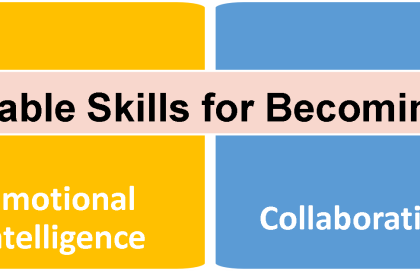The Paradox of Coaching
By Cathy Liska Cathy@CoachCert.com
Coaching skills can be used in mentoring, managing, counseling or therapy, consulting, and leading.
Mentoring, managing, counseling or therapy, consulting, and leading are inappropriate when coaching.
Coaching certification helps coaches develop the coaching competencies for the work. Coaching certification also helps people in the other roles because the skills are applicable in their work.
To explore this fully, let’s start with working definitions.
Definitions:
- Mentoring – passing on wisdom and experience while also giving advice and helping make connections
- Managing – responsibility for giving direction and also evaluating performance
- Counseling – collecting history, assessing, determining condition of mental health, and providing guidance
- Therapy – treatment of a disorder to resolve problematic behaviors or feelings
- Consulting – assessing the situation and providing expert advice
- Leading – sharing a vision, pushing for and inspiring action, making decisions
- Coaching – partnering to empower a client in exploring their possibilities, planning to move past challenges, developing their strategies, creating their own action plan, and managing their accountability.
Serving in the roles of mentor, manager, consultant, or leader usually comes after a level of education and years of experience.
Serving as a Counselor or Therapist requires very specific and specialized training and licensure.
Becoming a coach involves coaching-specific training. To become a member in the International Coach Federation, ICF, which is seen as the gold standard, requires 60 hours of training. The ICF approves training programs based on the teaching of the 11 Core Competencies of a Coach and the Code of Ethics.
In the next post we will further explore the difference between coaching as a skill and professional coaching.




